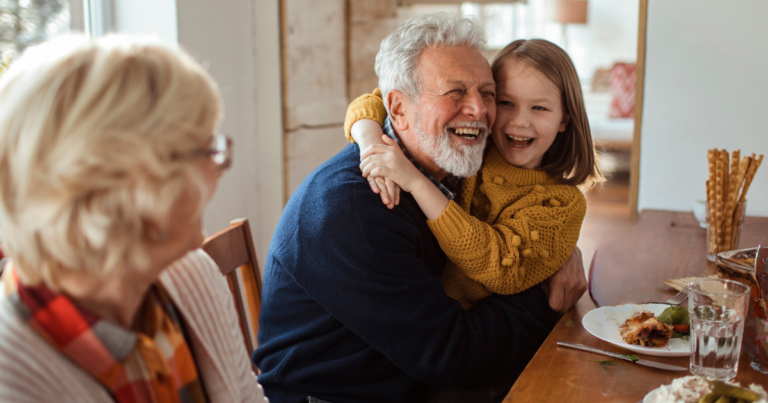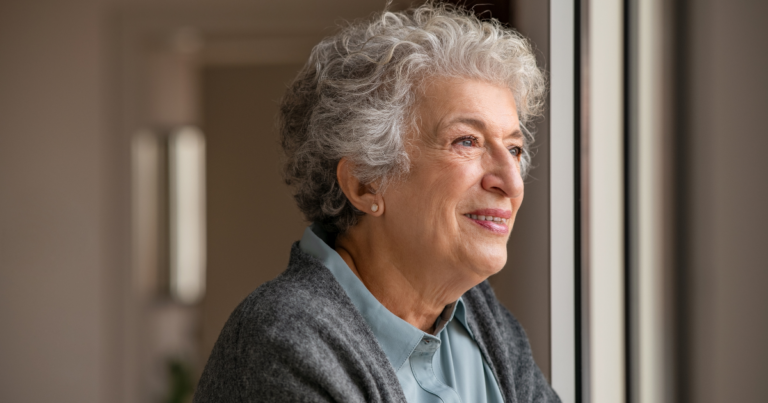Depression and Anxiety in Seniors: Underdiagnosed and Undertreated
Published June 24, 2015 by Laurie Salmons, RN, BSN in Senior Health & Wellness

Depression: Not a normal part of aging states the National Institute of Health research. The research goes on to say that depression often co-occurs with other serious illnesses, such as heart disease, stroke, diabetes, cancer, and Parkinson’s disease. Because many older adults face these illnesses as well as various social and economic difficulties, health care professionals may mistakenly conclude that depression is a normal consequence of these problems which is an attitude often shared by patients themselves. These factors contribute to the under-diagnosis and under-treatment of depressive disorders in older people. Depression can and should be treated when it co-occurs with other illnesses, for untreated depression can delay recovery from or worsen the outcome of these other illnesses.
- Dysthemic disorder: This is a chronic, low level depression that could be described as a mild to moderate level of sadness with a duration of 2 years or more. Research says that as many as 1.5% of US adults suffer from this disorder.
- Major depressive disorder: This is a profound emotional disturbance marked by an overwhelming sadness that can disrupt concentration, sleep, appetite, energy, attitude and/or loss of interest in things that were once enjoyed. Clinical depression, a major depressive disorder diagnosed by a mental health professional, is a complicating factor in disease causing over 500,000 deaths annually, including suicides.
Anxiety: The Anxiety and Depression Association of America states on their current website that research on the course and treatment of anxiety in older adults lags behind that of other mental conditions such as depression and Alzheimer’s. Until recently, anxiety disorders were believed to decline with age but it has been found that this is incorrect and that it is often because older patients are less likely to report psychiatric symptoms and more likely to focus on their many physical complaints. But experts now recognize that anxiety is as common among the old as among the young.
- Generalized anxiety disorder: This is characterized by excessive, uncontrolled and often irrational worry about events or activities. This excessive worry often interferes with daily functioning, as individuals typically anticipate disaster, and are overly concerned about everyday matters such as health issues, money, death, family problems and/or interpersonal relationships. It is interesting to note that a generalized anxiety is the most common anxiety disorder among the senior population but is often masked by a traumatic incident of a fall or acute illness.
If you have an aging parent or relative and you notice these symptoms described above, seek help in talking to your parent or relative about their depression or anxiety.
If unsure where to look for help, talk to someone you trust who has experience in mental health—for example, a doctor, nurse, social worker, or religious counselor, or other health care provider such as a personal care company. Ask their advice on where to seek treatment for these issues of depression and anxiety.
If there is a university nearby, its departments of psychiatry or psychology may offer private and/or clinic treatment options. There are usually numerous local organizations that provide mental health, social services, crisis intervention services, hotlines, hospitals, or physicians for phone numbers and addresses. In times of crisis, the emergency room doctor at a hospital may be able to provide temporary help for a mental health problem, and should be able to tell you where and how to get further help.
Above all else, do not remain silent when you identify symptoms that may lead you to believe your loved one is suffering from anxiety or depression. Again seek help, ask questions, and with that help you can identify a plan to support these very under-diagnosed and under-treated conditions.
If you have questions about senior home
care services or if you want to start care:
Related Posts

November 9, 2023
Celebrating Robert Louis Stevenson’s Birthday: Exploring the Legacy of ‘Jekyll & Hyde
Ashly Luckose, Esq.

November 3, 2023
Visiting Grandparents During the Holidays: Preparing Kids with Books on Aging
Gina Farmer

October 19, 2023
Preventing Osteoporosis: Essential Tips for Stronger Bones Post-Menopause
R. Bradley Robinson, M.D.
Helping seniors age in place, with dignity & grace.